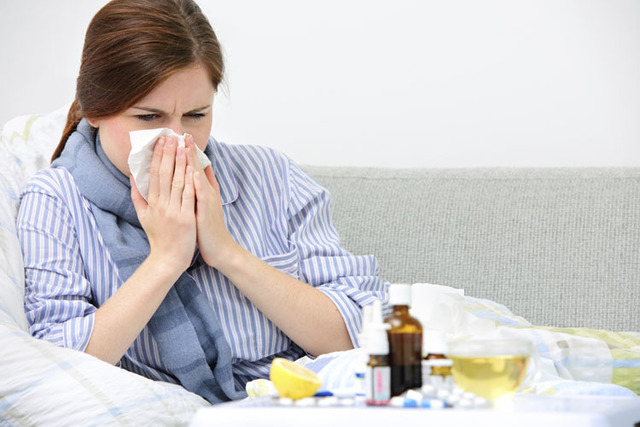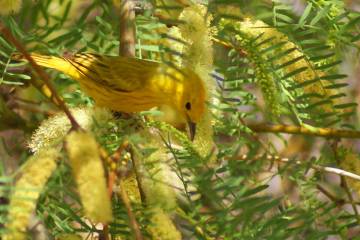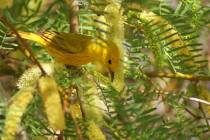Severity of Southern Nevada flu season unclear
Nevadans are at the beginning of what is being called a moderate influenza season, but there is no indication of how severe the season might become, public health officials said Wednesday.
Statewide, nearly 1,400 cases have been reported, and the fatalities include one child under 5, according to the Nevada Department of Health and Human Services. Southern Nevada Health District spokeswoman Jennifer Sizemore said one death, a person in the 50-64 age range, occurred in October in Clark County.
The total number of flu deaths in Nevada was not available Wednesday.
Not every patient who has the flu will see a doctor or get tested for flu, so tracking is done mostly for surveillance purposes to determine which flu strains are circulating, Sizemore said.
It’s too early to say how severe the season will be, but so far, it has been comparable to the last two seasons. Typically the first increase in cases occurs in early December, followed by a slight dip in late December, then a steady climb to the peak in late February, Sizemore said.
That has been the pattern so far, although it is too early to say what will happen for the whole season, Sizemore said. Flu season on the West Coast often trails the Eastern states by a couple weeks, which has been the pattern this year.
Southern Nevada public health officials cannot say exactly which strains are circulating in the region.
H3N2 has been the dominant strain in Clark County, and national data indicate that about one-third of the H3N2 strains match the vaccine and the other two-thirds are a less-than-perfect match. That does not mean the vaccine doesn’t protect people at all, Sizemore said, just that it doesn’t protect as well as when a good match exists.
Every year seasonal flu causes substantial illness and death in the United States, much of which could be prevented with vaccination and other preventive measures. A yearly flu vaccination is recommended for nearly everyone 6 months and older.
Good health habits such as covering one’s cough and washing one’s hands often can help stop the spread of germs and prevent respiratory illnesses such as the flu. If soap and water are not available, use an alcohol-based hand rub.
Avoid close contact with people who are sick. And those who are sick should keep their distance from others. If possible, they should stay home from work, school and errands.
Germs often are spread when a person touches something that is contaminated with germs and then touches his or her eyes, nose or mouth.
Clean and disinfect frequently touched surfaces at home, work or school, especially when someone is ill.
Contact Steven Moore at smoore@reviewjournal.com or 702-380-4563.






















